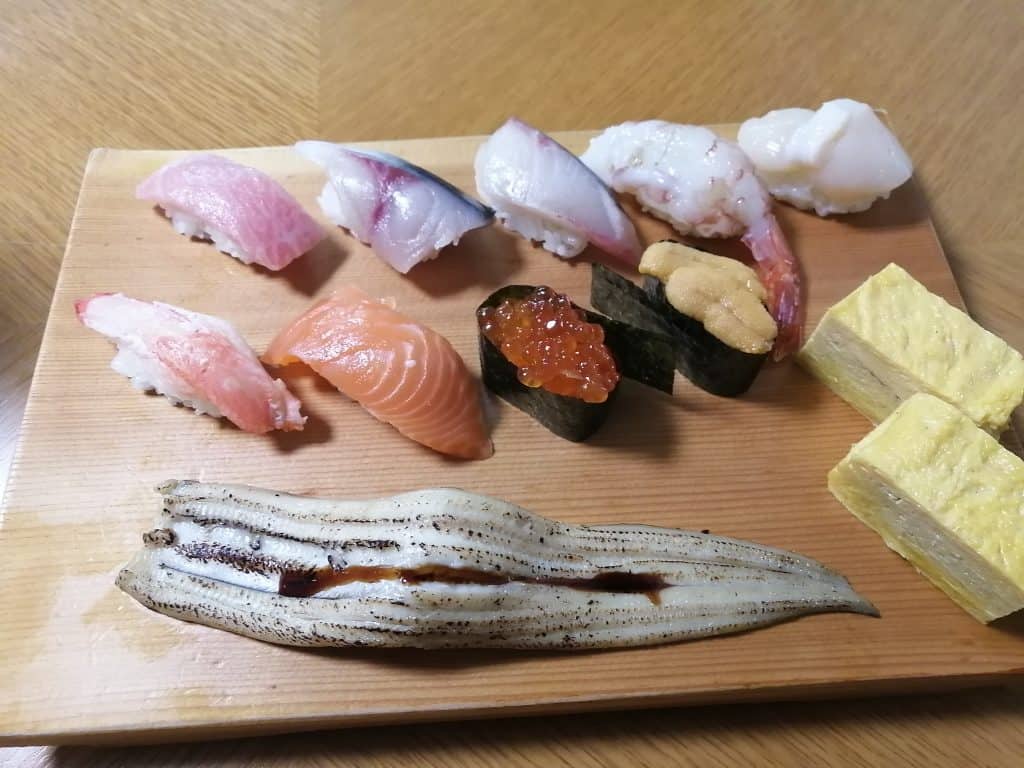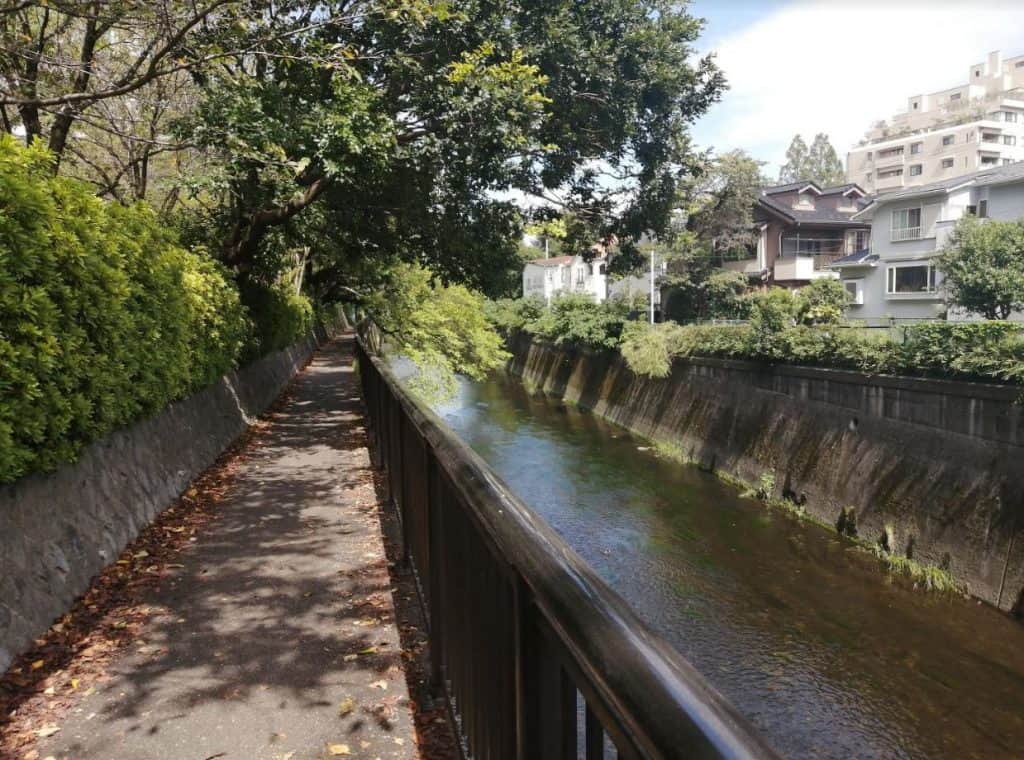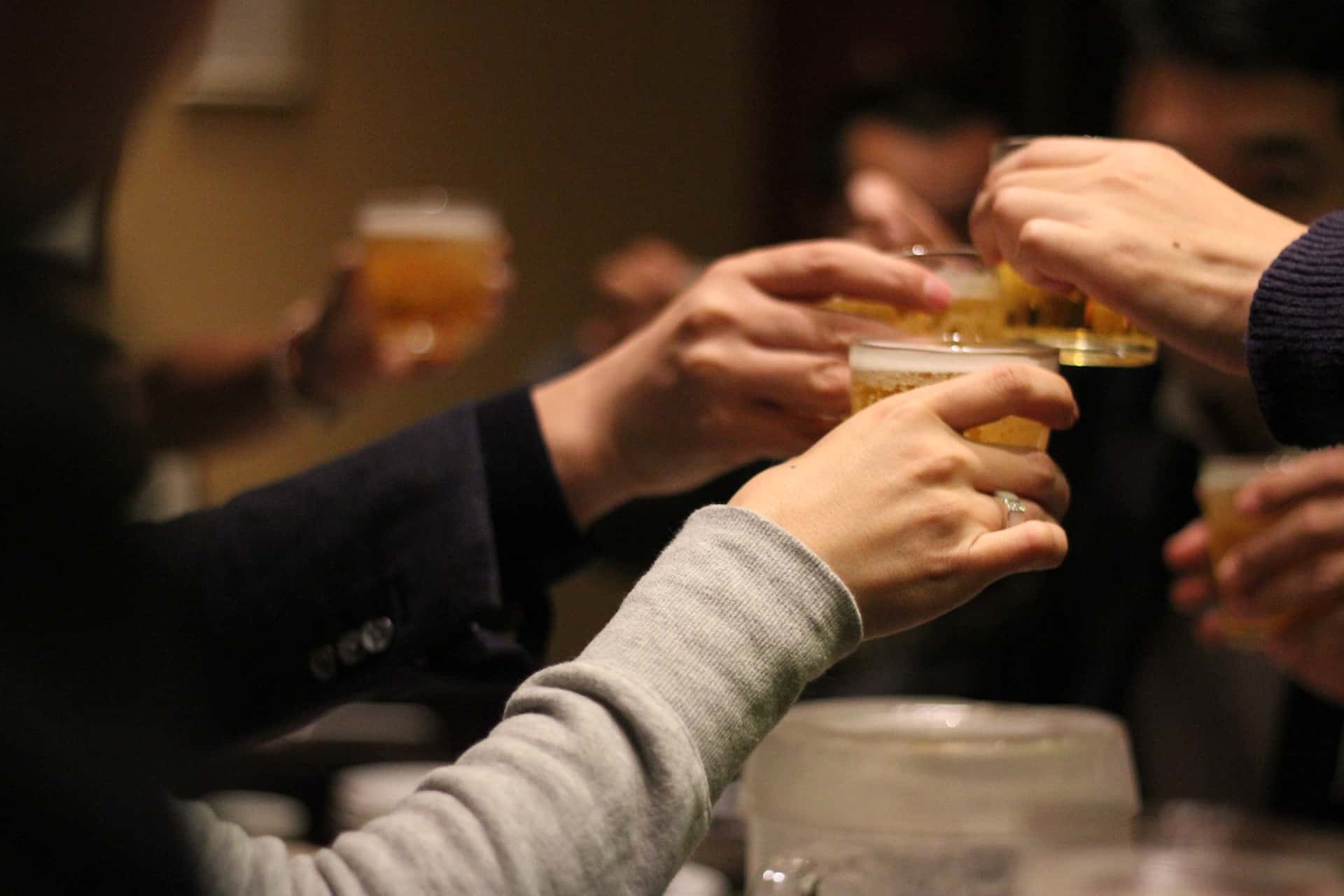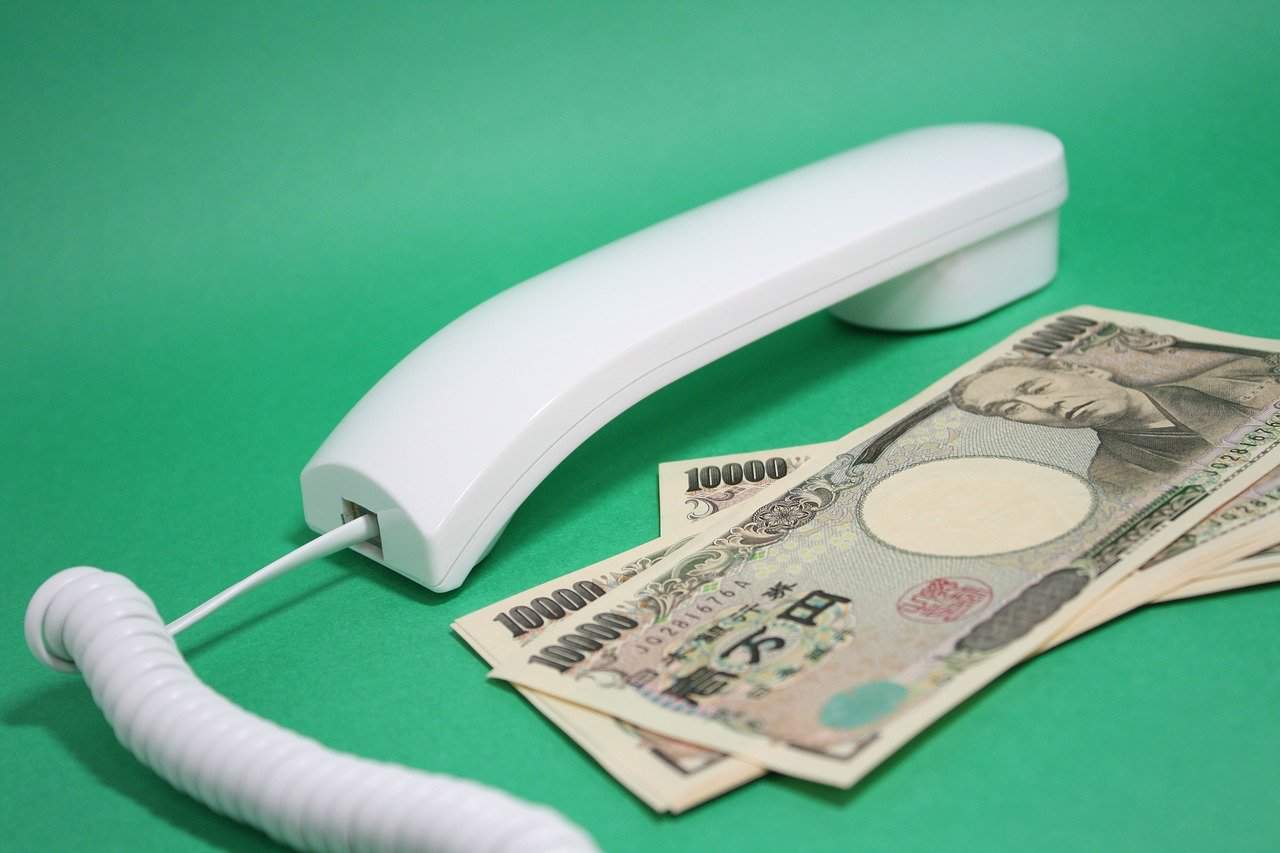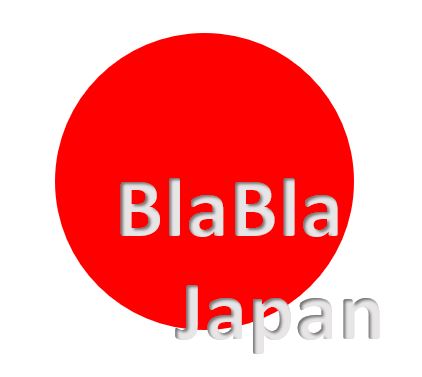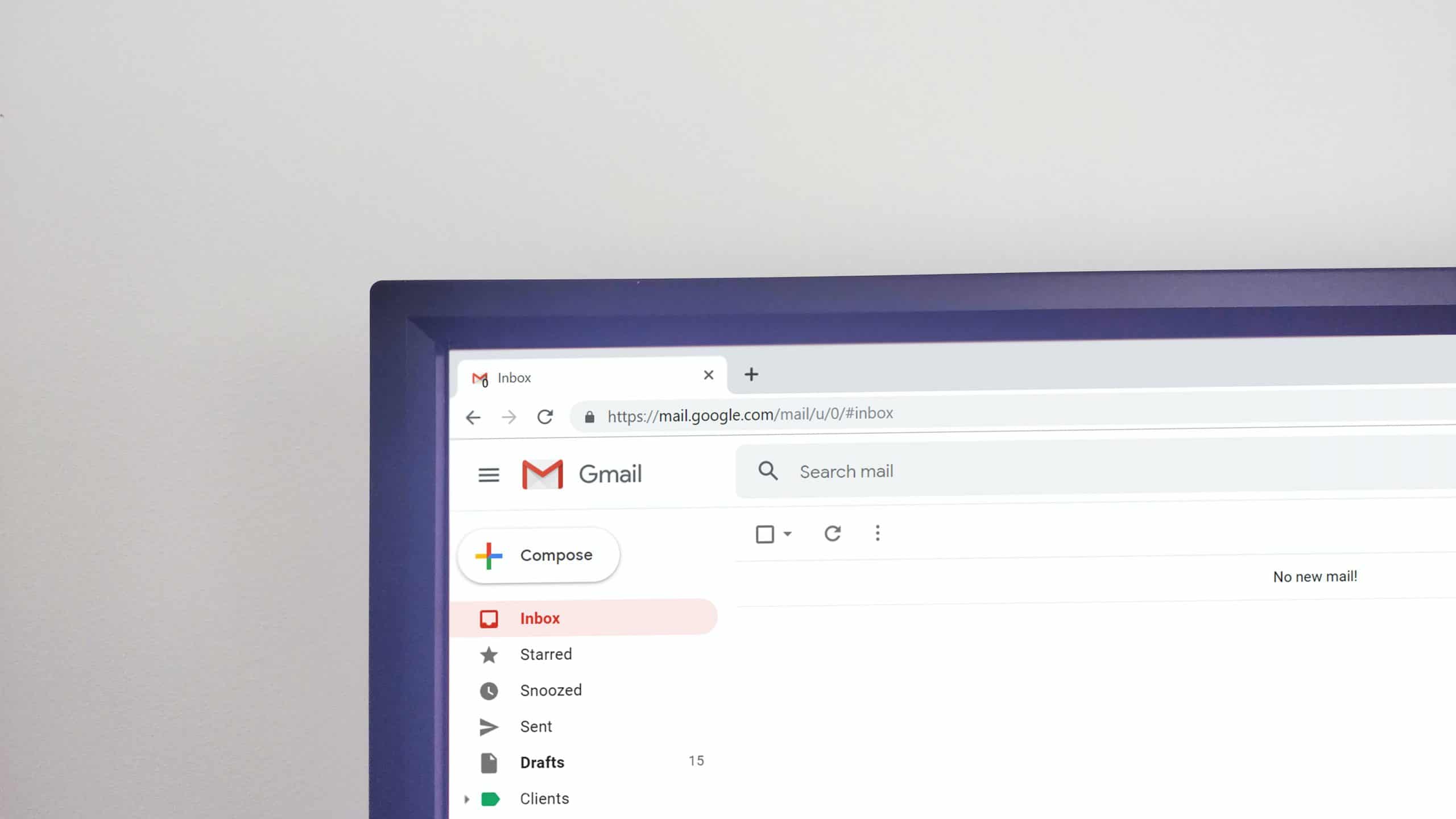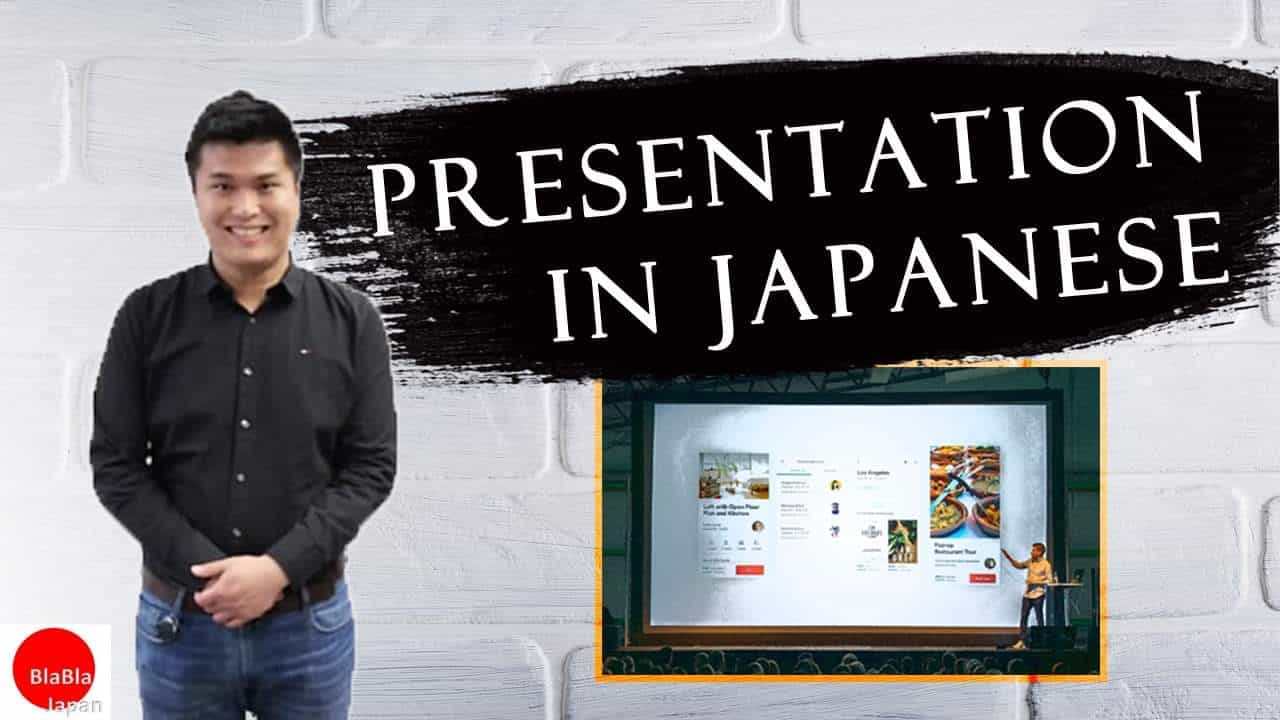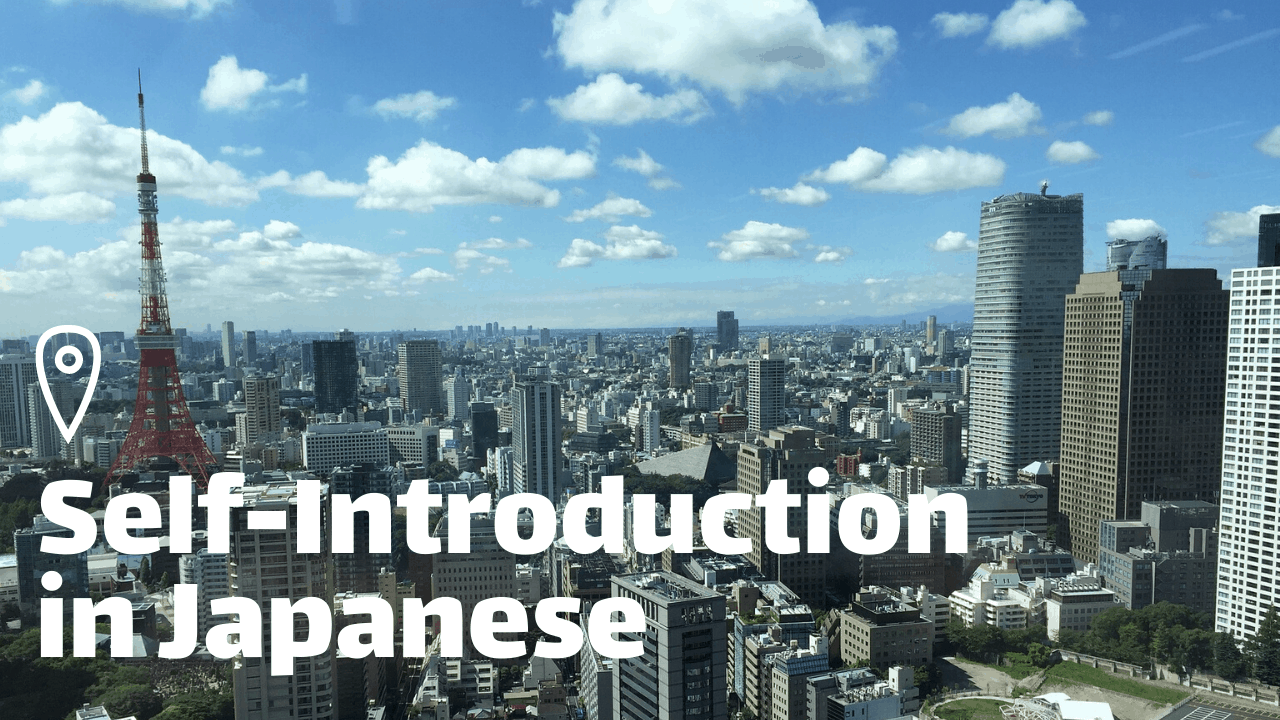The first meeting with a client is a great opportunity to establish a prosperous business partnership. It may also jeopardize it if you don’t make the best first impression. A good first impression can work wonders, but you need to remember that you will never get a second chance to fix it when something goes wrong. When you don’t know your client well the first conversation may get awkward or go completely wrong. In this article you will find suggestions what to pay attention to during your first meeting with a Japanese client.
The ice-breaker
The idea behind every ice-breaker is to relieve the tension that comes with meeting new people and kick the meeting off well. It will help both you and your interlocutor feel more comfortable and, hopefully, get them to open up.
- Breaking the ice
- Make the conversation feel more natural
Knowing that Japanese people do not tend to share too much information in general, it might be a challenge to get them open up to you, especially if you are a foreigner. It is a hard task to suggest any ideas or even products without any clues from your potential client. Therefore, establishing common ground (for example, shared interests, passions or challenges that connect both you and your interlocutor) plays a significant role when doing business with the Japanese. How much time should you spend breaking the ice varies, however, it is estimated that 5-10 minutes will do. It entirely depends on the situation, but don’t be surprised if the conversation goes over 10 minutes and you will find yourself chatting with your client for 30 minutes.
Finding a common ground
Imagine that there’s a huge wall of ice between you and the negotiating table. Your task is to break through so that you can get to the other side and a simple ice-breaker is a great way to start.
A well-known fact backed up by the science is that people tend to like someone with whom they share same likes, interests and vision. You will need to do your research in advance and look for what you both have in common.
So how do you get the information you need?
Listen closely to your partner and try to gather all the necessary information that may reveal about themselves. For instance, a Japanese person who speaks English most likely likes travelling, foreign languages or perhaps they studied abroad. Also you may want to pay attention to what they are wearing during the meeting as the outfit tells you more than words.
Here’s a great tip for you. Don’t rely solely on what limited information you might gather during your first conversation. Be prepared, or even over-prepared, and spend some time to researching them on LinkedIn, Facebook, Twitter, Instagram and other social media. The first one will help you understand their professional background better while the other ones might lift up the veil of secrecy about what they’re talking about and what’s important to them (sports discipline, preferred music genre or a favorite movie). Simply, put Google to best use and work from that.
Learn about their local area
Before visiting your client in their office, it would be a good idea to find out more about the local area. You might want to check out some restaurants nearby. Many Japanese towns take pride in their local food so trying them out on your own would give you something casual to talk about during your meeting.
- “I tried Okonomiyaki yesterday and it was delicious! I wish we had Okonomiyaki in my country.”
- “I went to a local sushi restaurant yesterday and the chef was very friendly. I even tried sake for the first time.”
These little things count when making a great first impression. Especially when you have blond hair and blue eyes (that’s the general image of a foreigner in Japan) Japanese people may have some reservations about you e.g., “he/she is stranger, they don’t understand our culture”. Let them know that you tried exploring local things before and you may start changing their opinion about you.
If you haven’t tried local food yet you can simply ask your client for some suggestions where to dine. You may even end up having a lunch together.
- “I was surprised that there were so many restaurants around here. All the food looks tasty. On my way back I would like to check out one of them. Do you recommend anything? ”
Talking about the weather
If you didn’t have a chance to do your research before the meeting, a good conversation opener will be the weather. In Japan people like starting their greetings with comments about the weather or current season.
- “On my way to your office, I saw cherry blossoms. It was my dream to see a real Sakura tree in Japan. Thank you for inviting me to your office.”
You can also mention how is the weather in your country or appreciate Japanese seasons etc.
Talking about sports
It’s always great to talk about sports when meeting a client. If your Japanese client is tall and you can see his muscles, in more than 90% cases it means that he likes to play sports. Most likely it’s going to be golf, baseball and football. Statistically, around 8 million of Japanese people play golf (40-50% of salarymen) and it’s the most preferable discipline to enjoy with your business partner.
If your country is famous for any sports discipline (for example, the U.K. – Tennis, USA – Baseball, Germany – Football) it might be an interesting addition to your conversation.
- “May I ask you something? I’ve noticed your trophies in the office and I have been wondering if you play golf too. ”
Worth keeping in mind is that some Japanese people are not interested in talking about sport AT ALL. Guess from their appearance if they’re into sports or not. If not then it’s better to find another topic to talk about.
Appreciating Japan
The last topic we will recommended in today’s article will be Japan in general. Regardless of your country of origin, it is always nice to hear positive things about your country. Japanese people love hearing good stuff about Japan as well.
- „When I was a child I watched a lot of Japanese movies and I felt it would be a fantastic place to visit one day. It was my childhood dream to come here.“
-
“I tried some sushi in the U.K. and I thought it was quite tasty. Having tried real sushi in Japan, I’m sure that I don’t want to eat sushi anywhere else.”
 Japanese kimono
Japanese kimonoHow you feel about Japan, what did you come to Japan for, why do you speak Japanese – these topics will be always interesting to your Japanese client. Hearing positive things about their country makes them proud and your appreciation for their culture might be a great way to open their heart to you.

